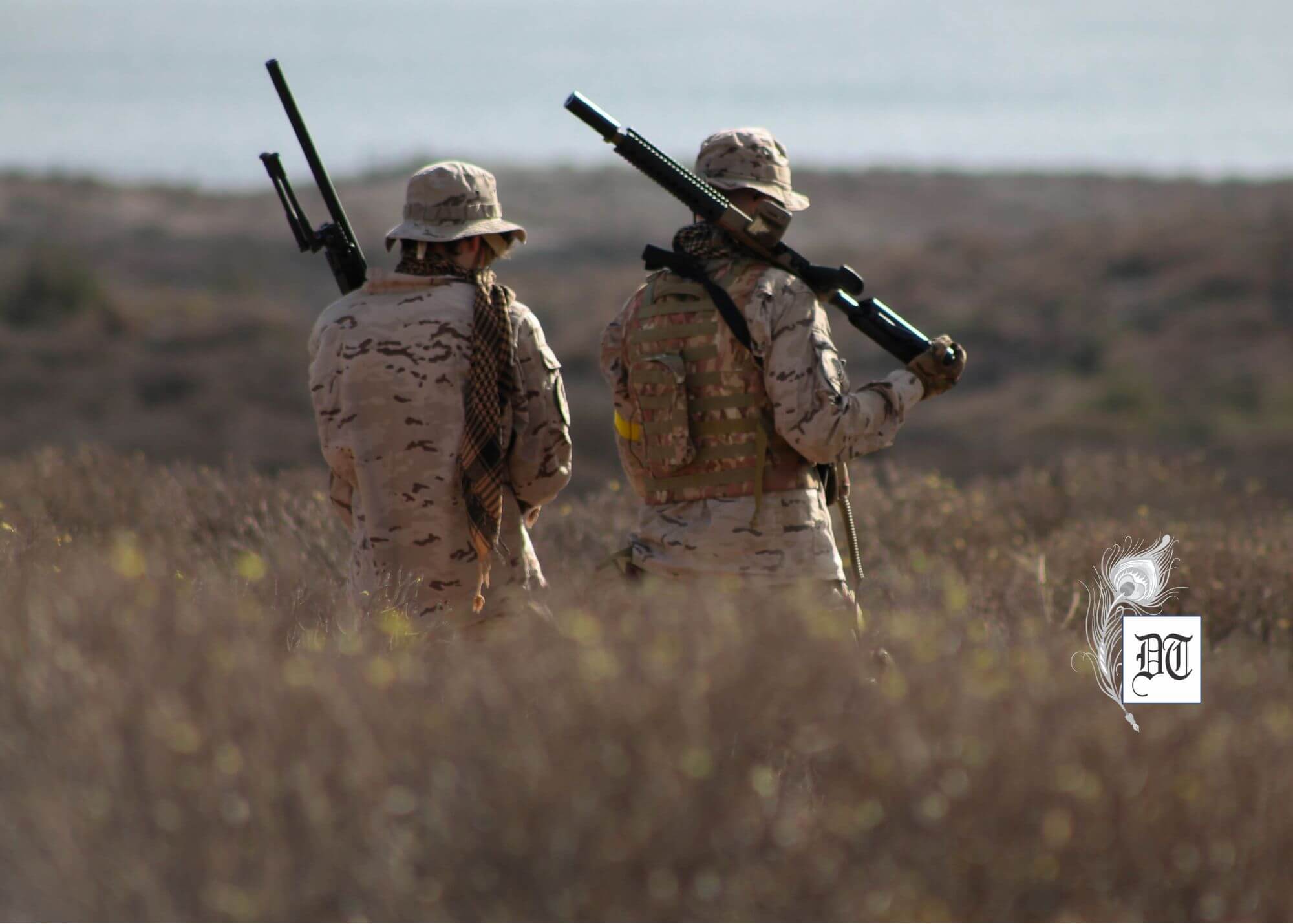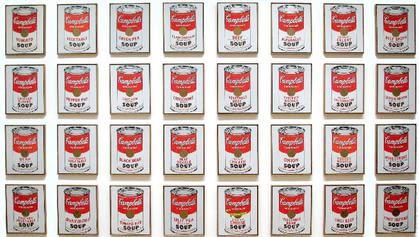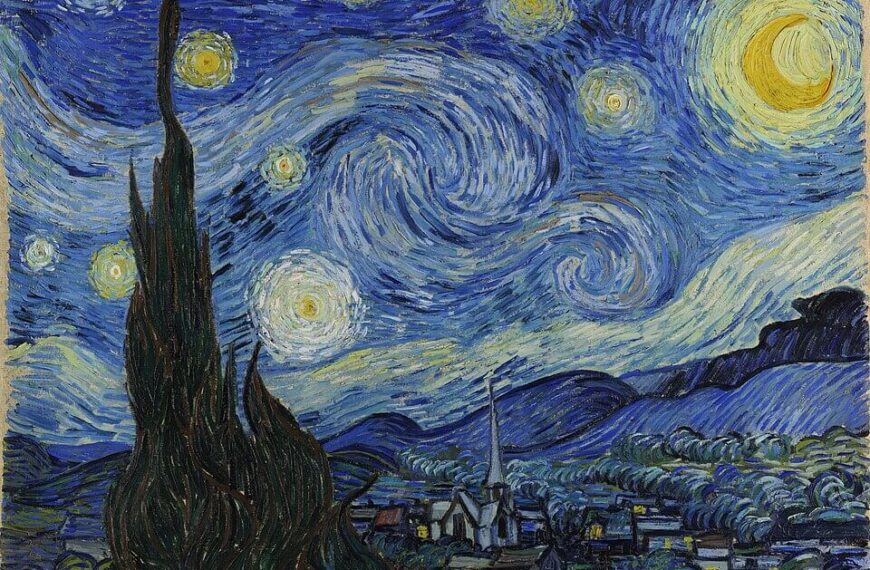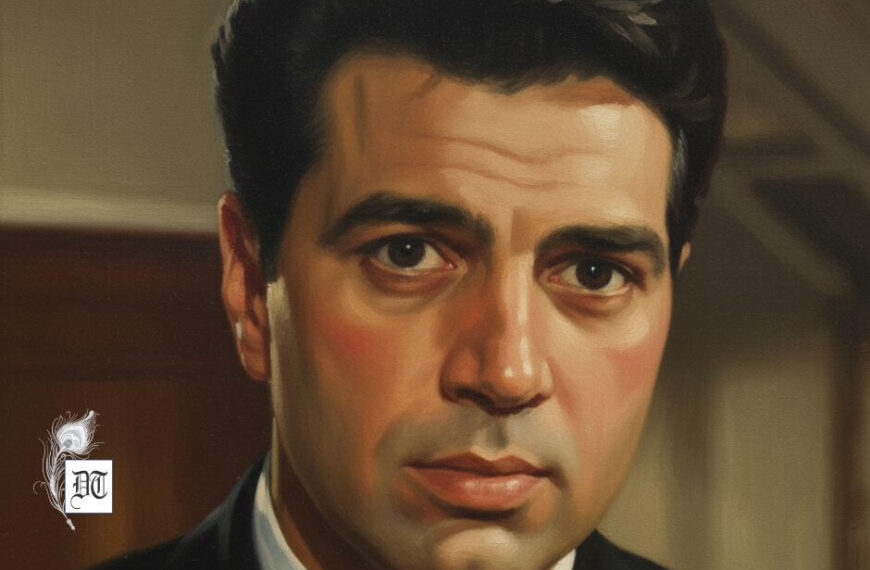Dr. Baljeet emphasises the global peace threat posed by the Russia-Ukraine and Israel-Hamas conflicts, urging urgent international attention, exclusively for Different Truths.
At present, world peace and tranquillity are gravely threatened by two horrifying wars. One is Russia-Ukraine, and the other is Israel-Gaza. They are ravaging the two regions of the world, leaving behind a trail of massive destruction. The War on Gaza began in February 2023 when Hamas, its militia group, attacked Israel, killing 1200 people and taking 250 as hostages. More devastating was Israel’s retribution on Gaza. Till date, this devastating war has claimed more than 44000 Palestinian lives and rendered lakhs of people homeless. It has almost turned out to be a regional conflict in West Asia involving Iran and Lebanon as supporters of Gaza. While the United States and some of its European allies are backing Israel. Recently, a ceasefire between Lebanon and Israel has been brokered by the United States and France. But chances of its survival are bleak given the animosity between the two.
On the other hand, the Russia-Ukraine conflict in Eastern Europe, which began in February 2022, has become relatively more dangerous. Because Russia is a nuclear power and a permanent member of the Security Council of the United Nations, Russia intends to regain all the territorial regions it lost in 1991 with its disintegration. Before 1991, it enjoyed the status of a superpower as the Soviet Union.
Regain Lost Glory and Prestige
Thereafter, its reputation and pride fell. Thus, to regain that lost glory and prestige, its incumbent president, Vladimir Putin, is desperately making strenuous efforts in that direction. He is arrogant, irredentist, and imperialist. Since 2012, when he assumed office as president, he has left no stone unturned to remain in power. Thereafter, he proceeded cautiously to have his dreams fulfilled.
In November 2013, mass protests began in Ukraine when President Yanukovych refused to sign a political association and trade agreement with the European Union. He was pro-Russian. Corruption in his administration and abuse of power forced people to rally around the streets. Consequently, on November 22, 2014, the President was removed by a majority vote of parliament. This offered a golden opportunity for Russian President Putin to interfere in Ukraine. The Russian forces then attacked and annexed Crimea, notwithstanding stiff resistance from Ukraine, as Crimea was its part. The United Nations General Assembly too condemned the Russian drastic action as a violation of international law and Ukrainian sovereignty. Countries of the G8 not only suspended Russia from its Group but also imposed many sanctions on it. The annexation of Crimea thus laid the seeds of enmity between Russia and Ukraine.
In November-December of 2021, Russia mobilised its army near the Ukrainian borders. The purpose was to warn Ukraine not to join the NATO alliance. On 24 February 2022, President Putin declared ‘a special military operation,’ stating that it was to support the Russian-backed breakaway republics of Donetsk and Luhansk, as their forces had been fighting Ukraine since 2014.
The Ukraine Census report of 2001 states that 17.3% of its population is of Russian ethnicity. Putin falsely claimed that Ukraine was ruled by neo-Nazis persecuting the Russian minority. He further said that his purpose was to “demilitarise and denazify” Ukraine. Many regions of Ukraine are repositories of lithium and coal, and Putin wanted to grab these energy-laden troves. Additionally, Ukraine also produces bumper crops like wheat, and a large quantity of these grains is supplied to European countries. By annexing these regions, Russia would have full control over grain shipping to other countries. If unchecked, the situation could trigger food crises.
Russian Invasion Launched
Thereafter, Russian airstrikes and ground invasions were launched from the northern, southern, and eastern fronts. Consequently, Russia was able to annex Donetsk, Luhansk, Kherson, and Zeporizhzhia. Hundreds of thousands of civilians and military personnel have been killed in this protracted and bloody war. Ukraine retaliated, but it is a weak country as compared to Russia; therefore, its losses are much higher. It largely depends on the United States, the UK, and the European countries for weaponry and modern war technology.
Recently, the United States President Joe Biden has approved the use of the Army Tactical Missile System (ATCMS) by Ukraine. These are long-range missiles Ukraine has been demanding for a long time. Soon after its approval, Ukraine launched them against the military stations of Russia. It was followed by Storm Shadow missiles supplied by the United Kingdom. Russia retaliated within no time and launched a conventional intermediate-range missile known as the Oreshnik. Russia is also said to have inducted North Korean troops into its army to fight against Ukraine. It has also been using Iranian drones in this ongoing war.
A Wider Conflict
Under the circumstances, this conflict has assumed a wider scale rather than remaining a local or regional one. The use of long-range hypersonic and ballistic missiles by both adversaries is a matter of grave concern at the international level. The United States, the United Kingdom, and most of the European countries are openly supporting Ukraine. While, on the other hand, North Korea and Iran are at the back of Russia.
President Putin has repeatedly declared since the war began that if the exigencies warranted, Russia would not hesitate to use nuclear weapons. He has also stated in unequivocal terms that in case Russia is attacked by any country supported by any nuclear power or any member of the military alliance, it would be considered a joint invasion and responded with equal intensity.
Putin’s Brazen Threats
This directly points the finger at the United States and NATO military alliance. These brazen threats on the part of the Russian President are not to be taken lightly. He is of different stuff and unpredictable disposition. The International Criminal Court has issued arrest warrants against him for his war crimes and crimes against humanity. But he hardly bothers about them.
However, efforts are on foot to defuse the situation that seems to be turning apocalyptic. Recently, French President Emmanuel Macron arranged a meeting between US President-elect Donald Trump and Ukraine President Zelensky on the occasion of the reopening ceremony of Notre Dame Catholic Cathedral in Paris to sort out some solution to this going out-of-hand conflict. The response seems to be positive.
The possibility of nuclear conflagration in this conflict can seem improbable; given the scale of mass destruction in 1945 in Japan, such a war could lead to. But at the same time, it can be said that aggrandizement and arrogance of power often veil the intellectual ability of the leaders at the helm. Hence, the possibility of such conflagration cannot be ruled out entirely.
Picture design by Anumita Roy






 By
By
 By
By
 By
By
A fine and comprehensive piece, cogently drawing in relevant parameters and sharing a veteran historian’s insight.
This is a very cogently argued piece that not only provides the history of the conflicts raging in the Middle East and between Russia and Ukraine, it also points at the sinister possibility of irredentist dreams, megalomania and greed for power casting a deep shadow on the mind’s horizon to think clearly; this deadly cocktail is a sure recipe even for nuclear apocalypse.
Thanks for this illuminating article, Dr. Virk.